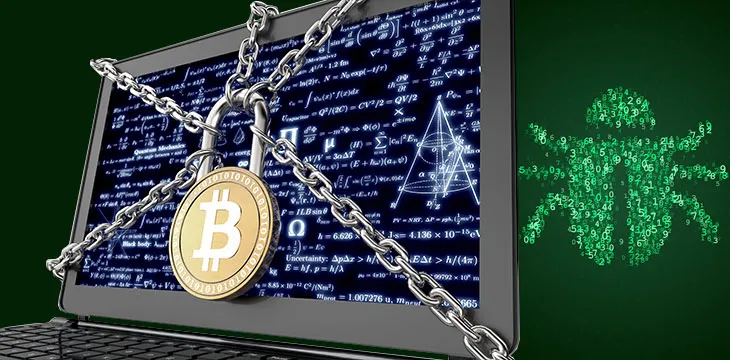|
Getting your Trinity Audio player ready...
|
Plasma, a framework for scalable autonomous smart contracts on blockchains, was first introduced in August 2017. It was created by Vitalik Buterin, Ethereum’s co-founder, and Joseph Poon, who brought cryptocurrency OmiseGo and the Lightning Network to life. Now, Buterin is taking things one step forward with the Plasma Cash, which is an even more scalable version of Plasma. Buterin created the solution in conjunction with developers Dan Robinson and Karl Floersch.
Plasma optimizes data that is sent to the blockchain, which results in a reduction in transaction fees for decentralized apps and smart contracts. The Plasma blockchains don’t share transaction data with the root chain. If a fraudulent block, or request, is submit, the block is rejected and the block creator is penalized. However, Plasma is limited in expansion because every user has to download and authenticate each Plasma block. Plasma Cash looks to overcome this pitfall.
Plasma Cash’s model is very straightforward. If a user deposits some amount of ether to an exchange, a Plasma coin is created. This coin is equal in value to the ether, and includes a unique ID that cannot be split or merged. This way, users only have to monitor coin blocks that they want to track, instead of all of the blocks.
“A user actually only needs to verify the availability and correctness of the Plasma chain only […] at the specific index of the coin, of any coins that they own and any coins that they care about,” according to Buterin.
Buterin explained that Plasma Cash would an important component for exchanges, possibly even making them resistant to hacks. Each Plasma coin would have an owner, making them not fungible, or not interchangeable, and the coin’s owner would be automatically notified if someone tried to take a coin. The Plasma Cash system would also operated without an additional layer of communication, since each coin is individual.
The coin’s owner can also prevent fraudulent withdrawals through a “complaint system” through which they are verified as the legitimate owners through “proof data.” Even if an exchange were to suffer a hack, users can’t lose their money.
“Regardless of what happens in the exchange, users can run their money through the Plasma exit procedure and get their money out,” he said.

 07-08-2025
07-08-2025 





